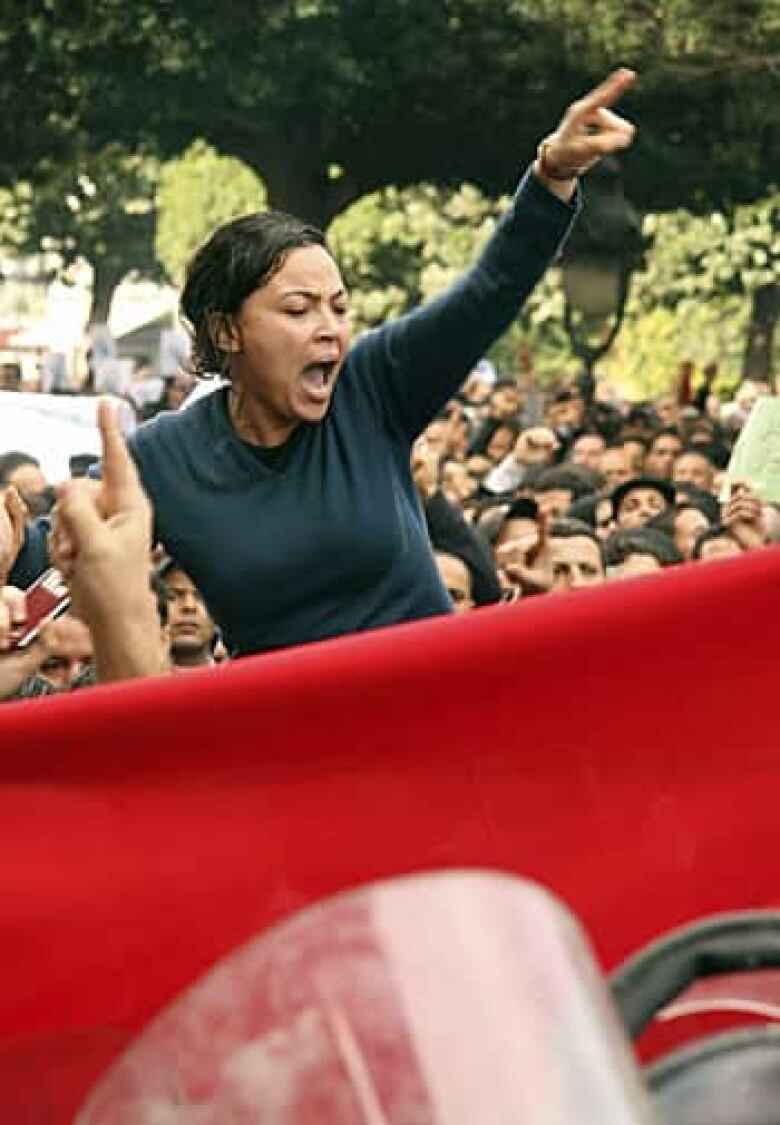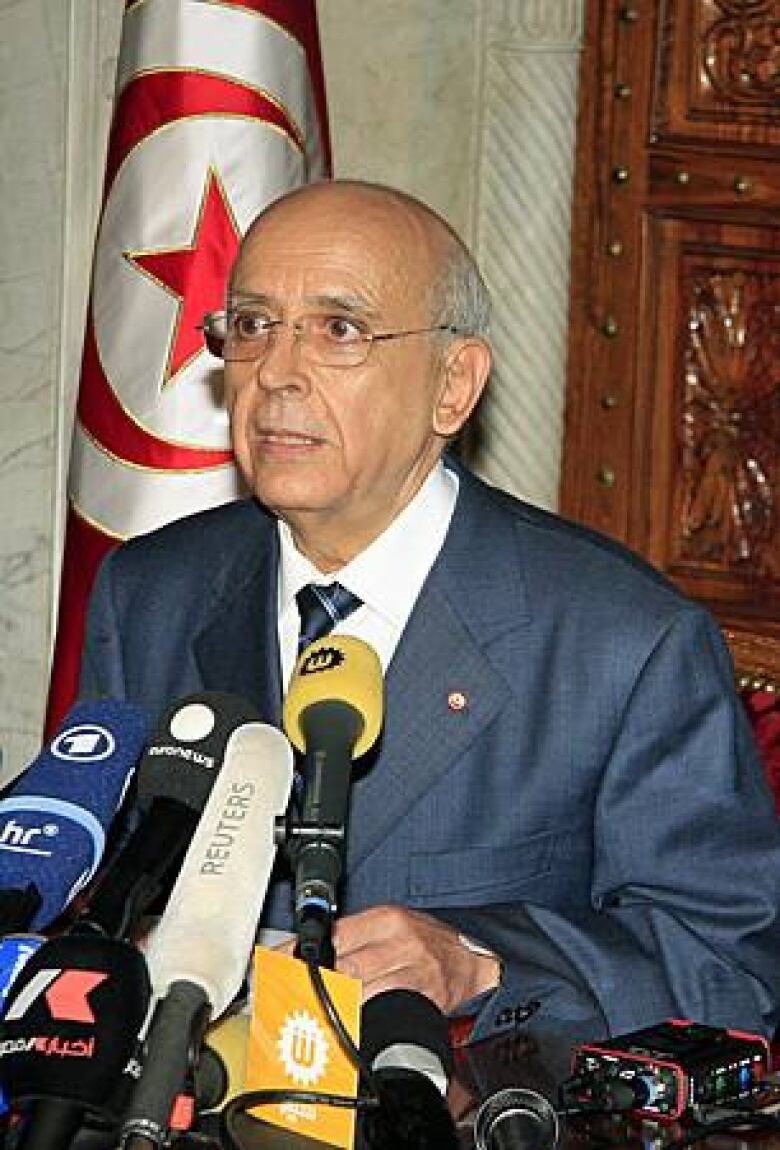Quick facts on a country in turmoil
Racked by a series of riots by youthful protestors and now the sudden resignation ouster? of President Zine El Abidine Ben Ali, Tunisia has often been considered North Africa's model economy.
Some quick facts on a country in turmoil:

Two faces
Located between Libya and Algeria, this small country has two very different and seemingly contradictory faces.
On the one hand, it is an economic powerhouse compared to many of its neighbours, posting an average five per cent growth over the last 10 years.
Tunisia has also been hailed as a bastion of secularism and moderation, witness the large number of European tourists who visit its resorts each year.
However, it is also known for a harsh response to any form of internal criticism. Despite regular elections and universal suffrage, critics have called the country autocratic and say Ben Ali has ruled with an iron fist for the last 23 years.
Only two presidents
A former French colony, Tunisia has had only two presidents in the 54 years since gaining independence in 1956.
Habib Bourguiba, who had previously served as prime minister, became its first president in 1957 and ruled for the next three decades, advancing a largely secular agenda. Today, the country is known as one of the region's most advanced in terms of women's rights.
The first multi-party elections were held in 1981 and Bourguiba was dismissed from the presidency in 1987 after he was declared unfit to rule and deemed to be senile.
His prime minister, Ben Ali, became president in what some have called a bloodless coup.
High unemployment
Tunisia has a diverse economy and was ranked 40 out of 133 countries in the World Economic Forum's 2009/2010 Global Competitiveness Report, ahead of Portugal and Italy. It was the highest scoring country in Africa.
Its proximity to Europe and beaches along the Mediterranean coast make it a tourist destination for many Europeans. The country also shares strong trade links with Europe.
However, the weak point in Tunisia's economy is unemployment, which stands at around 13 per cent and much of the recent protest has revolved around the issue.
Elections
The country is a constitutional republic with a president, prime minister and regular multi-party elections held every five years for the legislature and presidency.
However, critics have decried these elections as unfair and point to the unusually high support given both Ben Ali and his party, the Constitutional Democratic Rally. At his most recent, fifth re-election in 2009, for example, he received just under 90 per cent of the vote-his smallest share to date.
Human rights
Despite its economic success and relative religious moderation, Tunisia is frequently a target of international rights organizations claimingthe government routinely clamps down on freedom of expression, association and assembly.
It also ranks as one of the worst in terms of freedom of press. In 2010, it slid 10 places to 164 out of 178 in the Reporters Without Borders' Press Freedom Index.
Gafsa protests
Unrest in Tunisia is not unheard of. In January 2008, the southeastern mining region of Gafsa, erupted in a series of protests and demonstrations over poverty, unemployment and rising living costs.
According to a subsequent Amnesty International report, security forces used excessive force against the demonstrators, killing two and arresting at least 200 others. Many of those arrested included human rights activists and trade union leaders.
Recent unrest
The current series of protests began after a 26-year-old fruit and vegetable vendor set himself on fire on Dec. 17, 2010. Police had confiscated his produce because he did not have the proper permits.
Over the course of the last four weeks, rioters protested in several regions, hurling stones at government buildings in the capital, Tunis, and attacking shops in the Bizerte region, on the Mediterranean coast.
The demonstrations centered on unemployment, the cost of food and corruption within the government.
Resignation of Ben Ali

On Thursday, Jan. 13, 2011, President Ben Ali went on national television in an attempt to put an end to the violence. He promised to lower food prices and end internet censorship. He also suggested he would not seek re-election in 2014, when his current term was supposed to end.
His appeal did not work. On Friday, thousands of protestors in Tunis demanded the president's resignation. In response, Ben Ali first said he would dissolve the government and hold elections within six months.
However, later in the day, Ben Ali announced he would step down and Prime Minister Mohamed Ghannouchi, who was appointed by the president in 1999, said he would be taking control of the government.
Ben Ali fled to Jeddah, Saudi Arabia.
Continuing unrest
Despite the former president's departure, mass protests in Tunis continued on Friday and into the weekend, with much of the anger directed at Ghannouchi.
On Sunday, the speaker of the lower house of Tunisia's Parliament, Fouad Mebazaa, was declared interim president by a constitutional court, which also called for elections within 60 days.
On Monday, Ghannouchi announced the creation of a new unity government the first in 23 years made of several ruling party ministers and three opposition figures, marking a historic shift in Tunisian politics.
The prime minister also said he would create three state commissions to study political reform, probe corruption and bribery, and examine abuses that have occurred during the uprising.
The role of the internet
Several commentators have noted the important role of social media sites like Facebook and Twitter in spreading information both inside and outside the country, and in helping to fuel demonstrations while also drawing media attention.
Others have pointed to the release of several Wikileak cables, which note corruption within the government and describe Ben Ali as out of touch with the mood within the country.












_(720p).jpg)


 OFFICIAL HD MUSIC VIDEO.jpg)
.jpg)



























































































